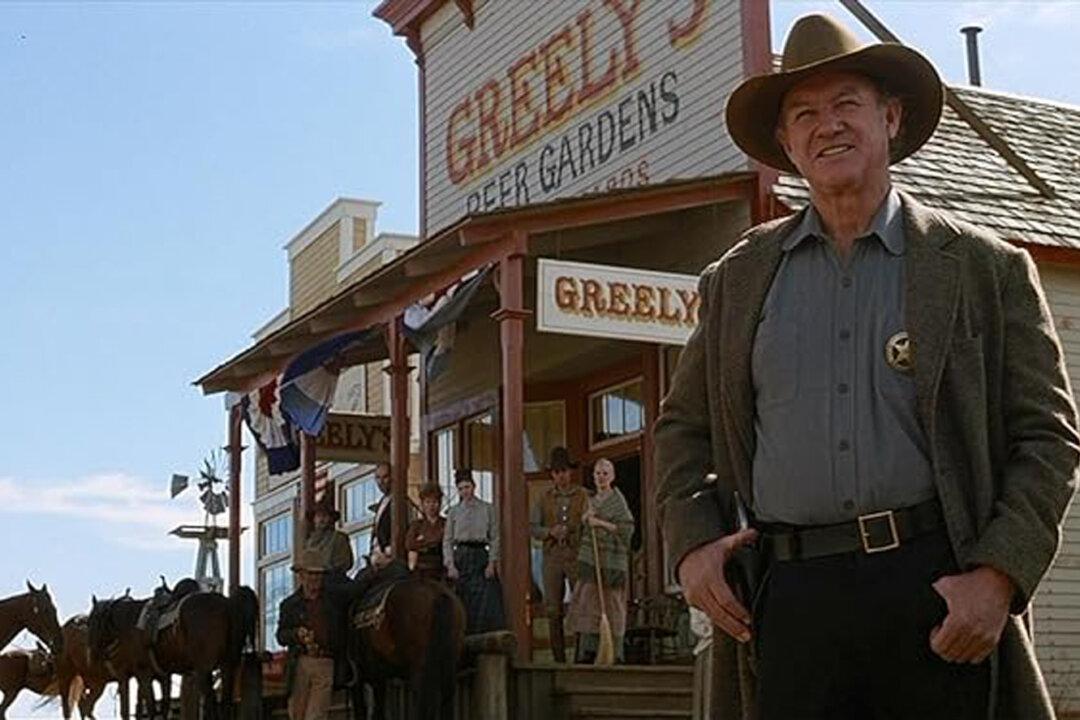R | 2h 10m | Drama, Western | 1992
Tales of men with checkered pasts who reinvent themselves in the post-American Civil War Old West have been told many times before. When it comes to cinema, one of the finest examples of this well-trodden trope is a film I reviewed previously—the 1950’s “The Gunfighter.” In it, a man with a very shady past seeks to start anew, but trouble seems to find him wherever he goes.






